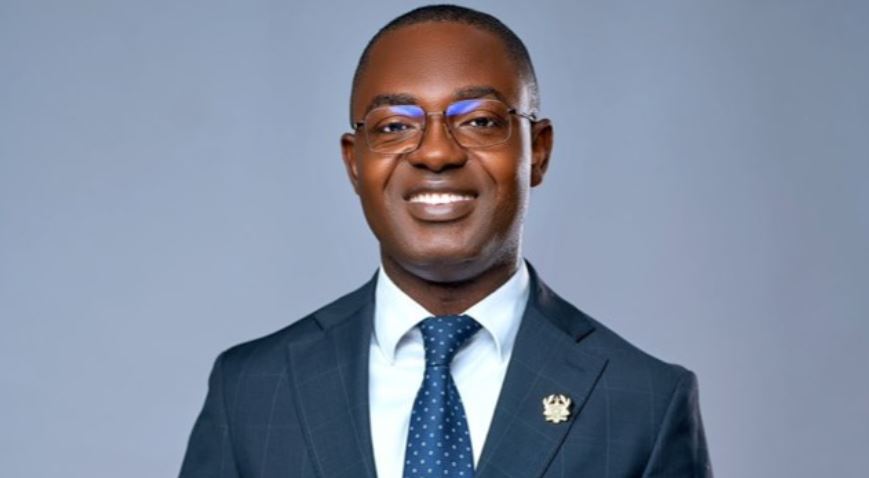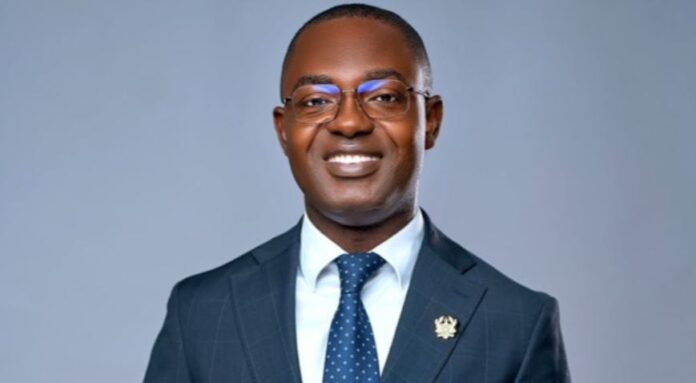
The Private Universities Students’ Association of Ghana (PUSAG) has voiced “deep concern and profound sorrow” over the escalating insecurity and violent unrest in Bawku, Nalerigu, and surrounding communities, following confirmed reports of students being killed amidst ongoing chieftaincy clashes.
While commending initial government efforts, PUSAG is now demanding “stronger, firmer, and more coordinated national action” to safeguard the lives and academic future of students in the conflict-prone regions.
Reports from local authorities indicate a grim toll.
On Saturday, July 26, 2025, one student in Bawku was fatally shot, while two others tragically lost their lives in separate shooting incidents in Nalerigu.
In a press release on Thursday, July 31, jointly signed by PUSAG President Ibrahim Issah and PUSAG General Secretary George Etornam Thatchroot, the student group highlighted that these are not isolated incidents but part of a disturbing pattern that has, over the past five years, displaced more than 15,000 students in conflict-prone communities across northern Ghana, according to regional education data.
This figure underscores the devastating long-term impact of the conflict on educational access and attainment in the affected areas.
PUSAG acknowledged the efforts made by the Ministry of the Interior and relevant security agencies in initiating emergency evacuations of students to safer locations.
They also recognised steps taken by the Regional and District Security Councils to facilitate the safe return of final-year WASSCE candidates, aiming to ensure they can write their critical examinations without fear or obstruction.
However, the student body’s statement unequivocally declared, “PUSAG believes the time has come for stronger, firmer, and more coordinated national action. Ghana cannot afford a future where education is sacrificed on the altar of communal violence. Students, who make up over 65% of the affected youth population in the regions, must be seen not as collateral victims but as a national priority.”
This statistic emphasises the demographic vulnerability and the generational impact of the conflict.
Consequently, PUSAG outlined four critical demands for immediate and sustained intervention:
- Comprehensive Peace Enforcement: The association called for a “comprehensive and sustained peace enforcement strategy beyond evacuation.” They stressed that security interventions must be integrated with “community-based peacebuilding, youth re-engagement, and disarmament operations” to address the root causes and prevent recurrence of violence.
- Psychosocial Support & Academic Continuity: PUSAG urged the Ministry of Education and Ghana Education Service to provide “psychosocial support, academic continuity strategies, and safe learning alternatives for displaced students.” Specific recommendations included the provision of “mobile revision centres or virtual instruction for WASSCE candidates,” recognizing the unique pressures on final-year students.
- Joint Parliamentary Oversight: They appealed to Parliament’s Select Committees on Education, Interior, and Youth & Sports to conduct “urgent joint oversight visits to the affected areas and present a national response strategy to Parliament for immediate implementation.” This call for parliamentary action underscores the need for a unified, cross-partisan approach to the crisis.
- Dialogue and Protection of Education: PUSAG made a direct appeal to “traditional authorities, opinion leaders, and youth groups in Bawku, Nalerigu, and surrounding communities to embrace dialogue, de-escalate tensions, and protect the sanctity of education in their respective areas.”
“We cannot allow conflict to rob Ghana’s young people of their right to education, peace, and dignity. Every student life lost is a national failure we cannot afford to repeat. Education is the hope of these communities. When students are forced to flee classrooms because of gunfire, or when parents are afraid to send their children to school, the ripple effects are profound—socially, economically, and psychologically,” the statement concluded.
PUSAG further reaffirmed its commitment to collaborate with national bodies like the National Peace Council, Ministry of the Interior, Ministry of Education, and other student organisations, including NUGS, TTAG, PASAG, GRASAG, and GUPS, to ensure that “education is never interrupted by violence and that no student is left behind because of conflict.”
“We stand in solidarity with the families affected and all students enduring fear, displacement, and loss. Now is the time for collective action, not symbolic gestures,” the release said, underscoring the urgency and the broad support for a decisive national response to the persistent crisis in northern Ghana.
DISCLAIMER: The Views, Comments, Opinions, Contributions and Statements made by Readers and Contributors on this platform do not necessarily represent the views or policy of Multimedia Group Limited.
DISCLAIMER: The Views, Comments, Opinions, Contributions and Statements made by Readers and Contributors on this platform do not necessarily represent the views or policy of Multimedia Group Limited.


